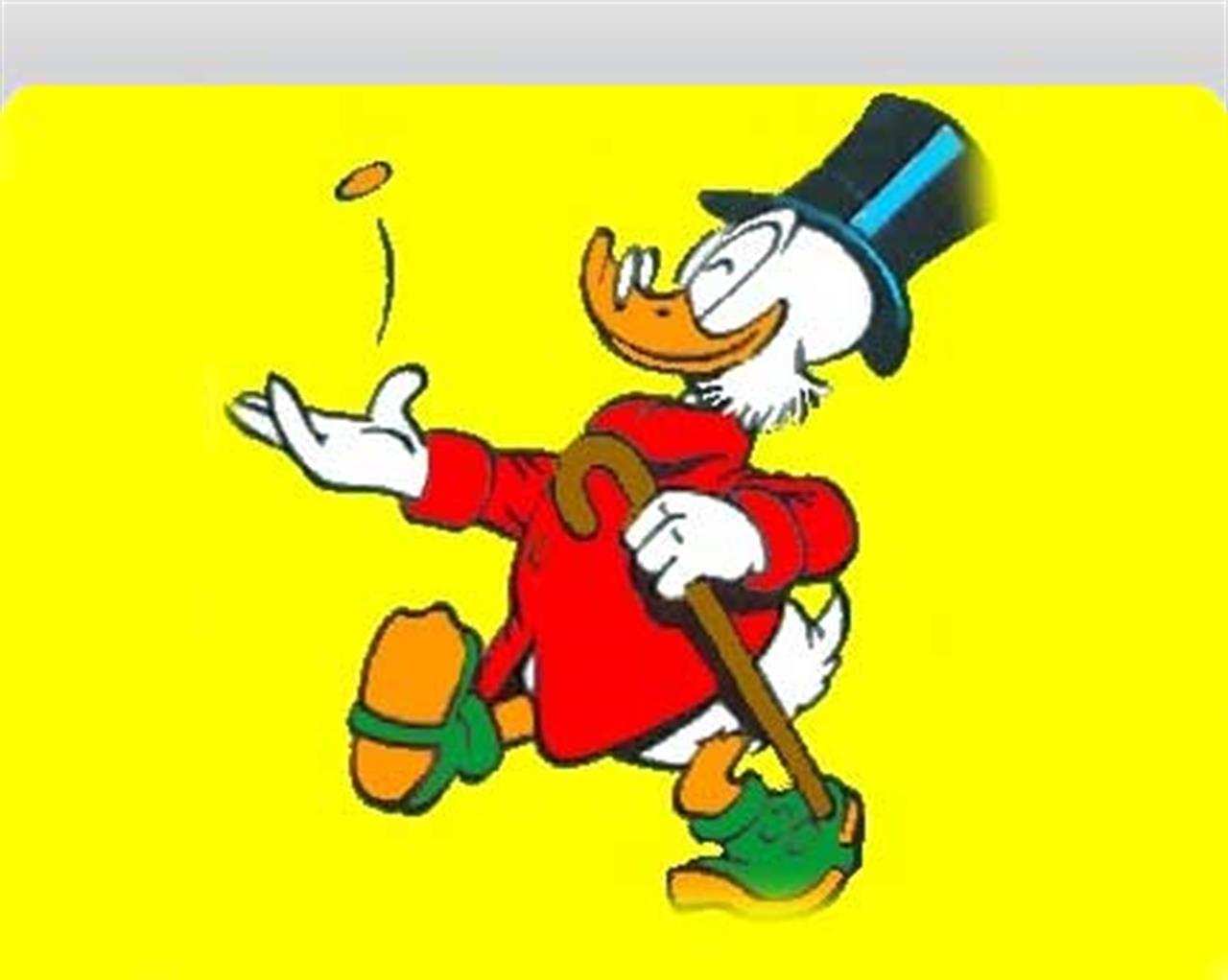Non profit
Italy: Payroll giving takes off as new fundraising frontier
Payroll giving – donating money to charity straight from one’s pay slip – has landed in Italy, 20 years after the UK where it has, since the 80’s, raised more than 89 million pounds.
di Staff

Simple and fast, payroll giving basically means donating without ever seeing the money leave your purse: it is detracted straight from your pay slip. Each donation is equivalent to one or more hours of work, so you don’t “feel” the weight of your gift and adhering couldn’t be easier. Companies that choose to participate include a form in their worker’s pay slips in which they specify how much of their salary they wish to give – the generous employee will not have to pay tax on his/her donation and will receive the 19% deduction along with their salary.
This fundraising “revolution” has, of course, been copied from abroad – in the UK the practice began in 1987 and since 600 thousand employees from 7,800 companies have raised 89 million pounds for charity. In Italy it is still on its first legs but a newly established committee – Unora Lavorare per bene – that brings together six of the most important national and international NGOs working on the field nationally (ActionAid Italy; Aism, the Italian Association for Multiple Sclerosis; Amref; the Lega del Filo d’oro; a charity that assists, rehabilitates and reintegrates deaf and blind people; Terre des Hommes and WWF) aims to ensure that payroll giving takes off in Italy too.
The committee’s objective is “to become a point of reference for companies” and to facilitate their engagement in the fundraising process. Unora supports companies through all of the stages, from the internal promotion of the scheme to meetings with the company’s employees and the organisation of specific events to promote payroll giving. Once the company signs a contract with the committee all the company’s employees will find a form in their payslip that will give them all the information they need to proceed with the donation – it is up to them to decide how many hours to give and to which charity they wish their money to go. The company’s role at this point is simply to find out which of their employees want to participate and to deposit the sums indicated by their workers. It is up to the committee to redistribute the funds according to the wishes of the donors.
There are many advantages to the service, highlights Unora: there is an obvious economic advantage for charity but there are also benefits for the company itself, for example it can help to strengthen the company’s corporate identity.
“The committee is not intent on fundraising alone, as this would be a very limiting aim”, explains Unora’s president, Paolo Giganti. “We also want to create a synergy between profit and non profit sectors, to be innovative from a cultural point of view”. How? By bringing citizenship into the workplace. Over the course of the past month Unora has already created a network of relationships with a number of Italian companies. We look forward to seeing the developments in the coming months.
Si può usare la Carta docente per abbonarsi a VITA?
Certo che sì! Basta emettere un buono sulla piattaforma del ministero del valore dell’abbonamento che si intende acquistare (1 anno carta + digital a 80€ o 1 anno digital a 60€) e inviarci il codice del buono a abbonamenti@vita.it
